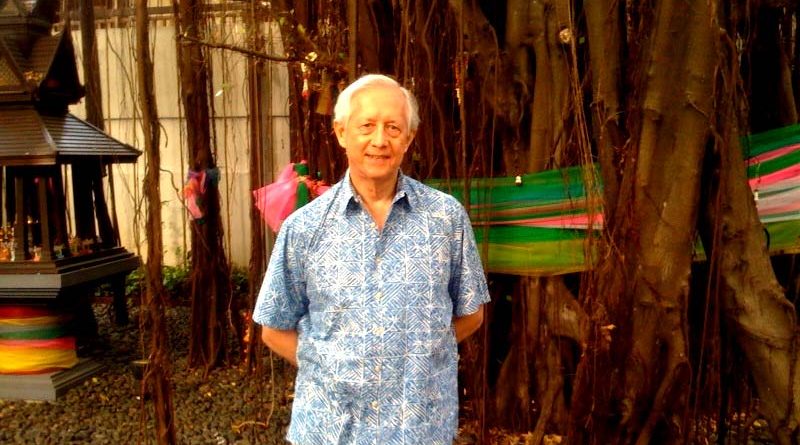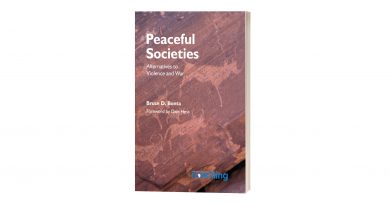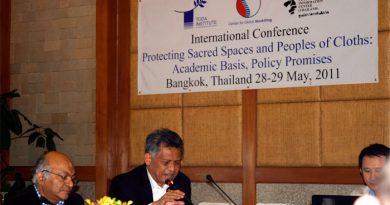Yanomami in the Amazon: Toward a more Ethical Anthropology beyond Othering
Prof. Leslie E. Sponsel, a member of CGNK’s Nonkilling Anthropology Research Committee, has just published Yanomami in the Amazon: Toward a more Ethical Anthropology beyond Othering. The book provides a systematic and thorough historical perspective on the Yanomami, research about them, and scandals and controversies surrounding a few of the numerous anthropologists who were privileged to live and study with one of the most fascinating, misrepresented, exploited and endangered Indigenous people. Professional ethics and human rights are emphasized. The result is a new perspective on the changing political ecology of the Yanomami and anthropology.
The Yanomami case is also documented as a component of the “human nature industry” which includes erroneously and dangerously celebrating the ubiquity of warfare through ideologically driven Hobbesian pseudoscience. Ten problems are exposed in Napoleon A. Chagnon’s “canonical” ethnography. No less than 19 anthropologists who lived and studied with the Yanomami reject his characterization of their culture as grossly distorting and dangerous. It is argued that portraying the Yanomami as the Other, including as a primitive savage tribe with endemic warfare, dehumanizes them and facilitates the violation of professional ethics and human rights, as alleged by Patrick Tierney in his controversial book Darkness in El Dorado published in 2000.
Despite many negative aspects of the controversy, there are also some positives. Most importantly, there is a significantly elevated awareness and amount of information concerning ethics, and presumably greater responsibility. Finally, it is argued that there is no necessary incompatibility between science and advocacy anthropology. Advocacy depends on basic research. Advocacy is committed to the morality of social relevance, and recognizes unicity, that the Other is Us.
The book is available in both paperback and eBook editions. All royalties are donated to the nonprofit organization Survival International for their continuing vital initiatives with the Yanomami.




